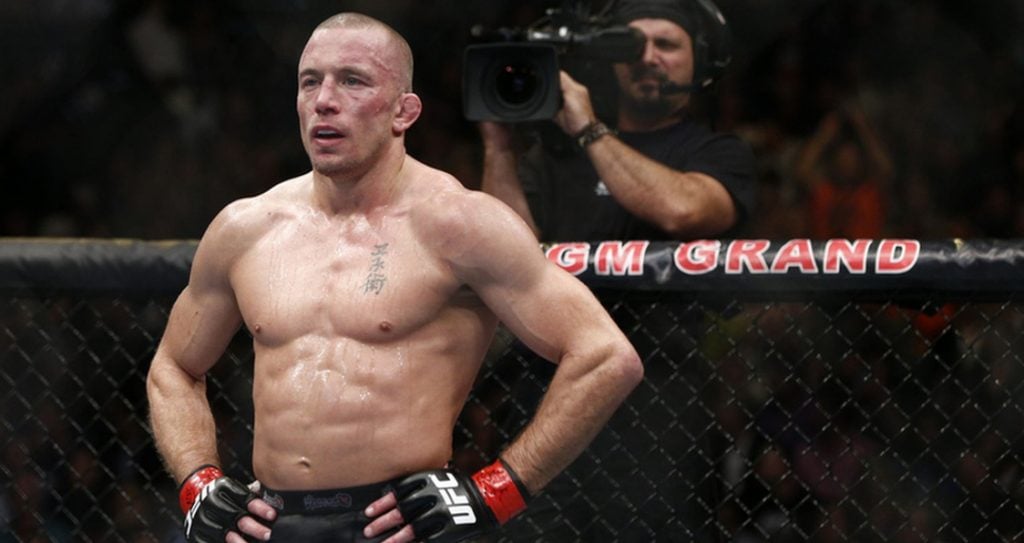Weight cutting is getting worse before it gets better.
Weight cutting has long been considered one of the most unfortunate practices in MMA. Many fighters cut up to 15% of their bodyweight to fight at a lighter weight-class. The practice is also self-enforcing- if you don’t cut weight you will be fighting opponents much bigger than you- so you’d better cut weight. The depletion damages organs and makes fighters more susceptible to injury and brain damage on fight night.
In early 2017, a 10 AM weigh in policy was instituted to replace the usual afternoon weigh-ins on the day before the fight. Fighters drop weight most efficiently and painlessly when they sleep. So with an afternoon weigh-in, most would wake up close to or on weight and have to endure hours of depletion before the opportunity to weigh in and rehydrate. With a 10 AM weigh in, the fighters can wake up, weigh in, and have more time to rehydrate before the fight. They spend less time depleted and enter the cage much healthier. That’s the theory anyway. In a recent media scrum, former UFC Welterweight champion and now UFC Middleweight title challenger Gorges St-Pierre expressed some opposition to the policy:
“I think the new rule of doing the weigh-in earlier is bad because it makes the fighter cut more weight,” said St-Pierre. “I think it’s the worst thing they could do. It’s good for rehydration because you have more time, but if you know you have more time, you’ll cut more weight. I think it’s bad. I think it’s very bad.”
He makes an excellent point. Measures like early weigh-ins have been discussed and attempted, but they all work both ways. For example, many have suggested that introducing more weight classes would help reduce weight cutting. Kevin Lee, who fights at 155, suggested introducing a 165 class and moving the current 170 class to 175. For him, fighting at 165 would reduce the amount of weight he would have to cut. But for every fighter moving up from 155, cutting less weight to make 165, there could be an equal number of former 170’s moving down, cutting more weight to fight at 165.
The short story is that these sorts of measures are half measures. A full measure, where fighters are weighed multiple times throughout camp and fight week was suggested by GSP. This demand to keep weight consistent would discourage severe dehydration and rehydration, but this would be expensive, difficult to enforce, and a logistical nightmare. Most believe that the most effective measure would be implementation of the wrestling method – weigh-in’s right before competition. Any weight advantage to be gained by dehydration would be offset the negative performance effects. Fighters would fight at their weights. But this practice is unlikely to be instituted soon, the commission responsible is slow, bureaucratic, and the day before weigh-ins are a well-entrenched tradition.
What do you make of the weight cutting issue in MMA?
Let us know in the comments below. Also, be sure to follow Generation Iron on Facebook and Twitter.








